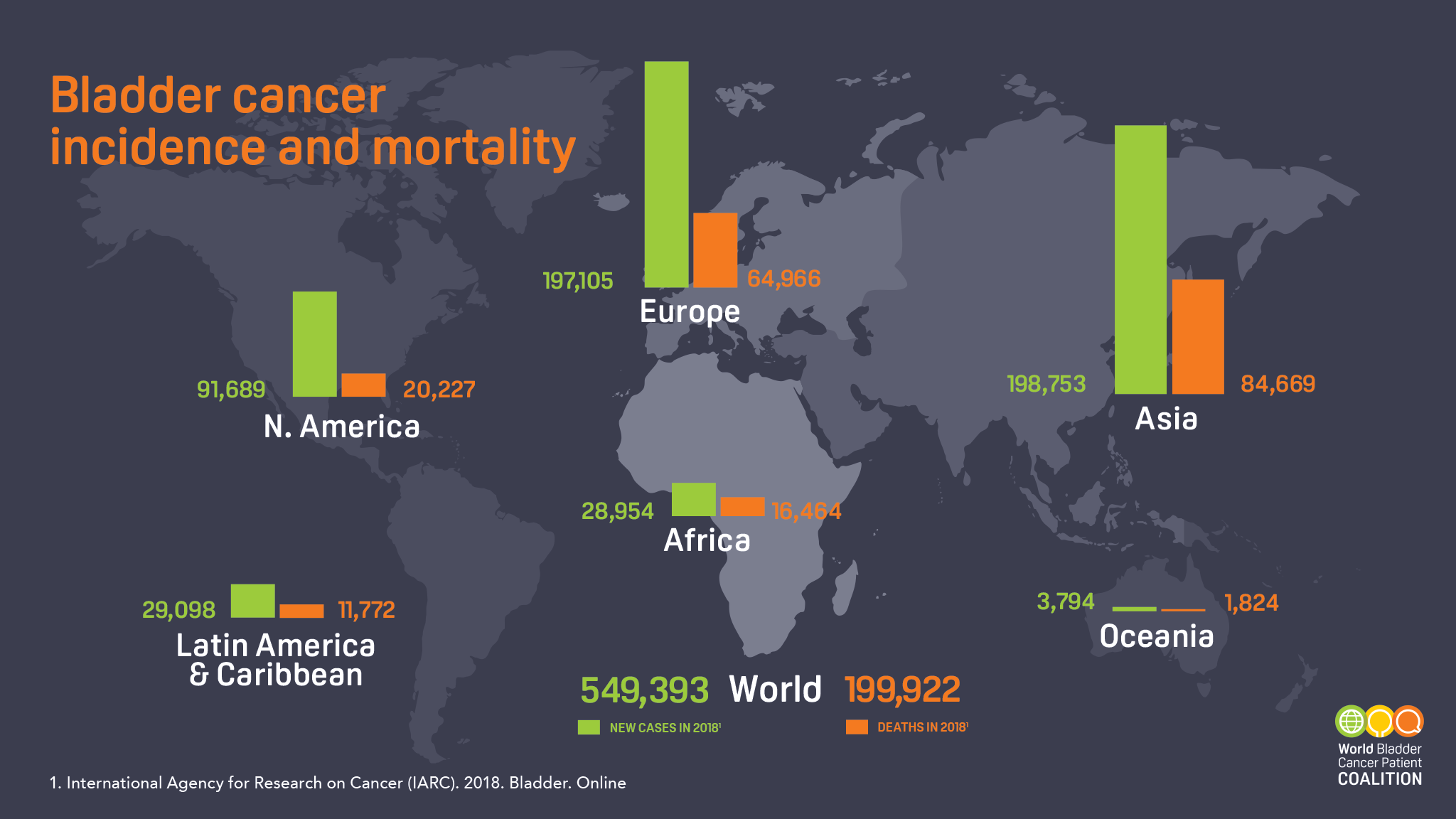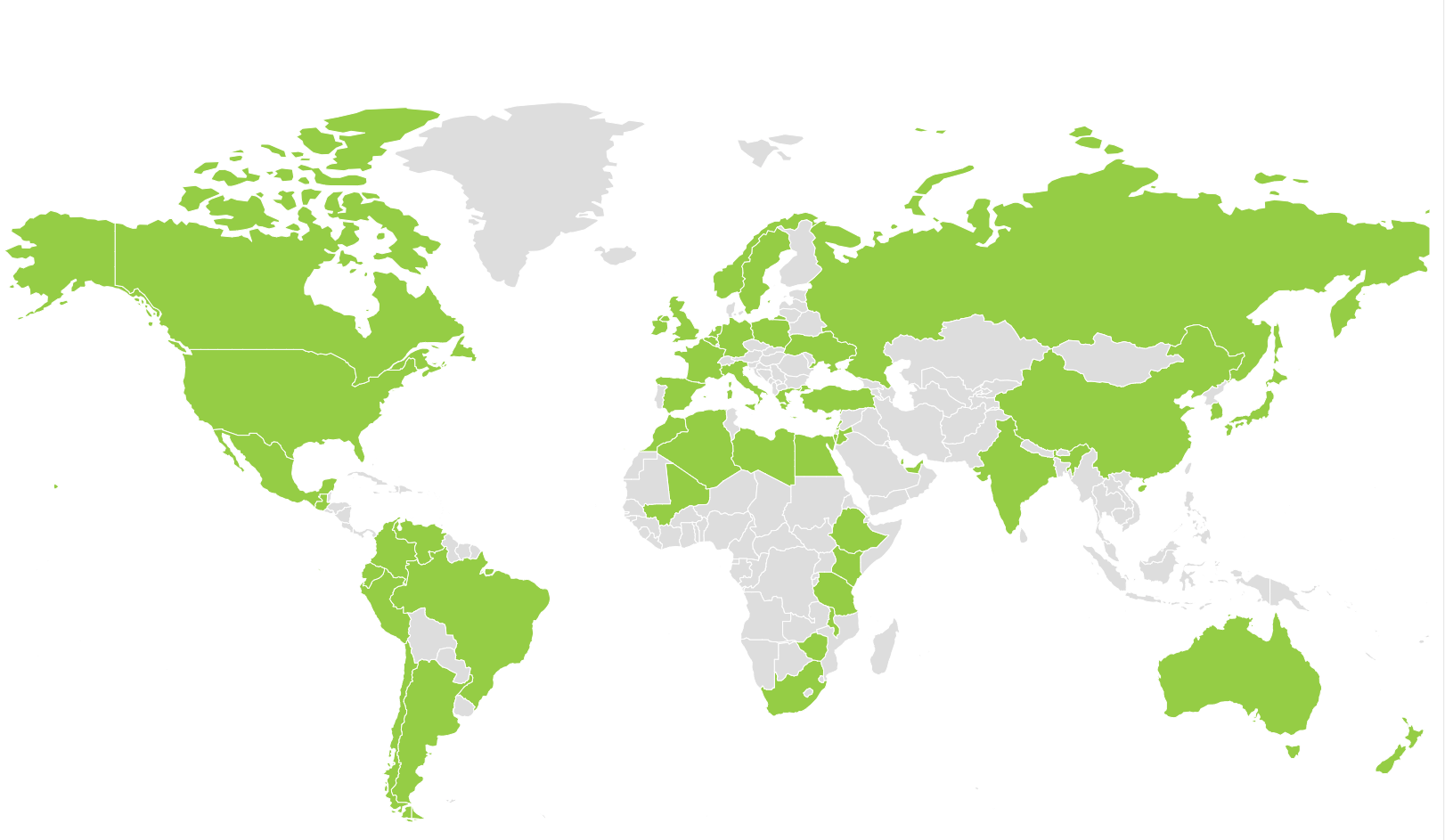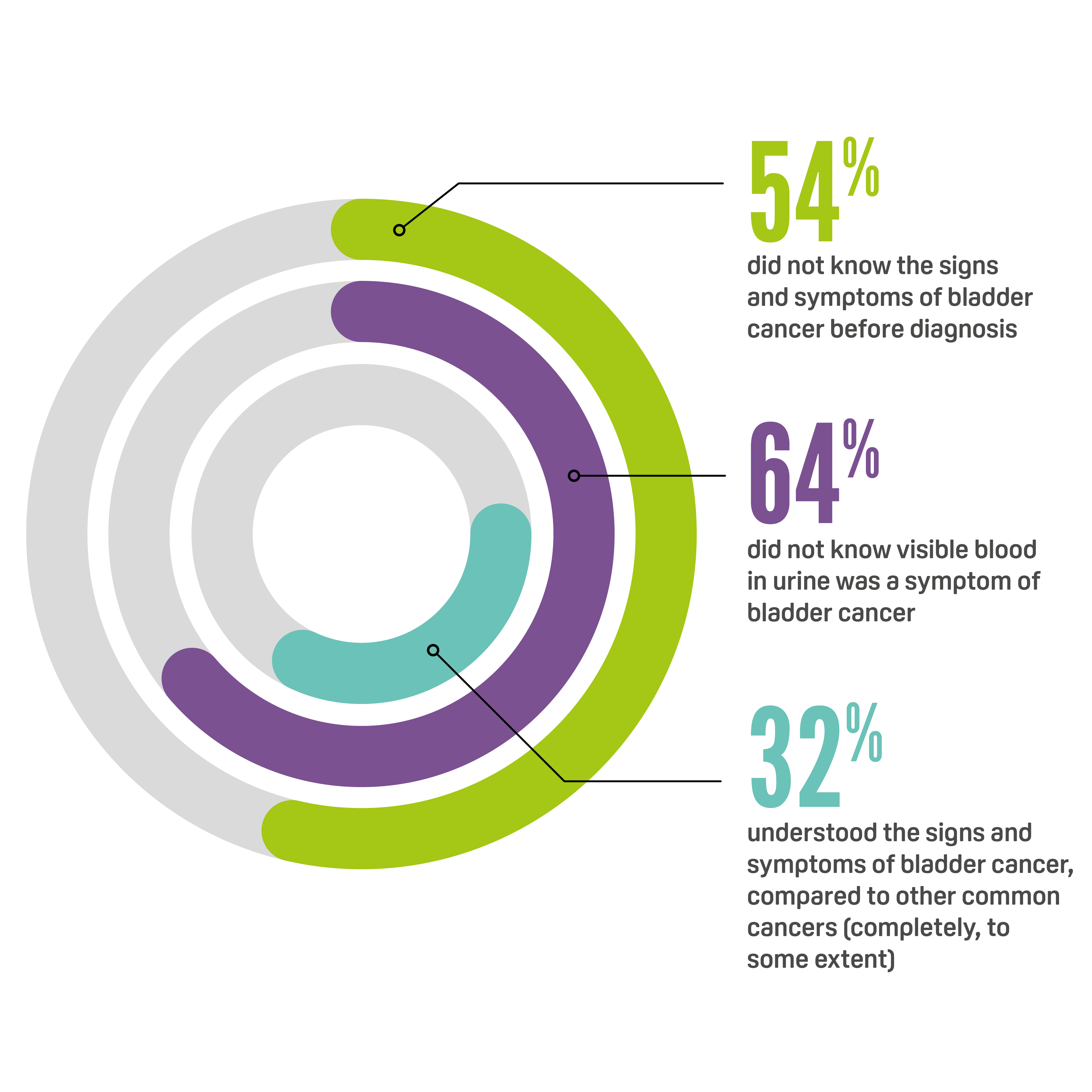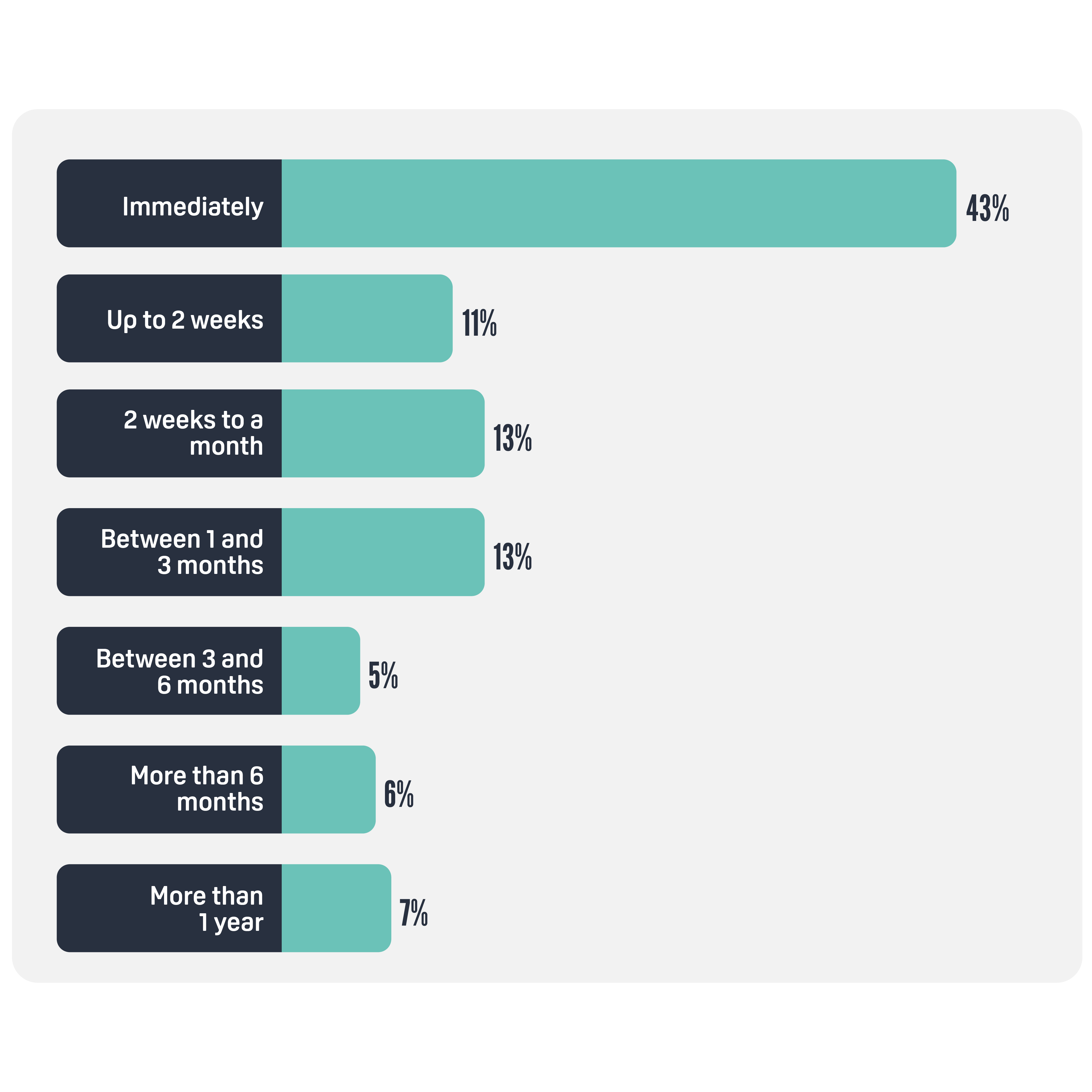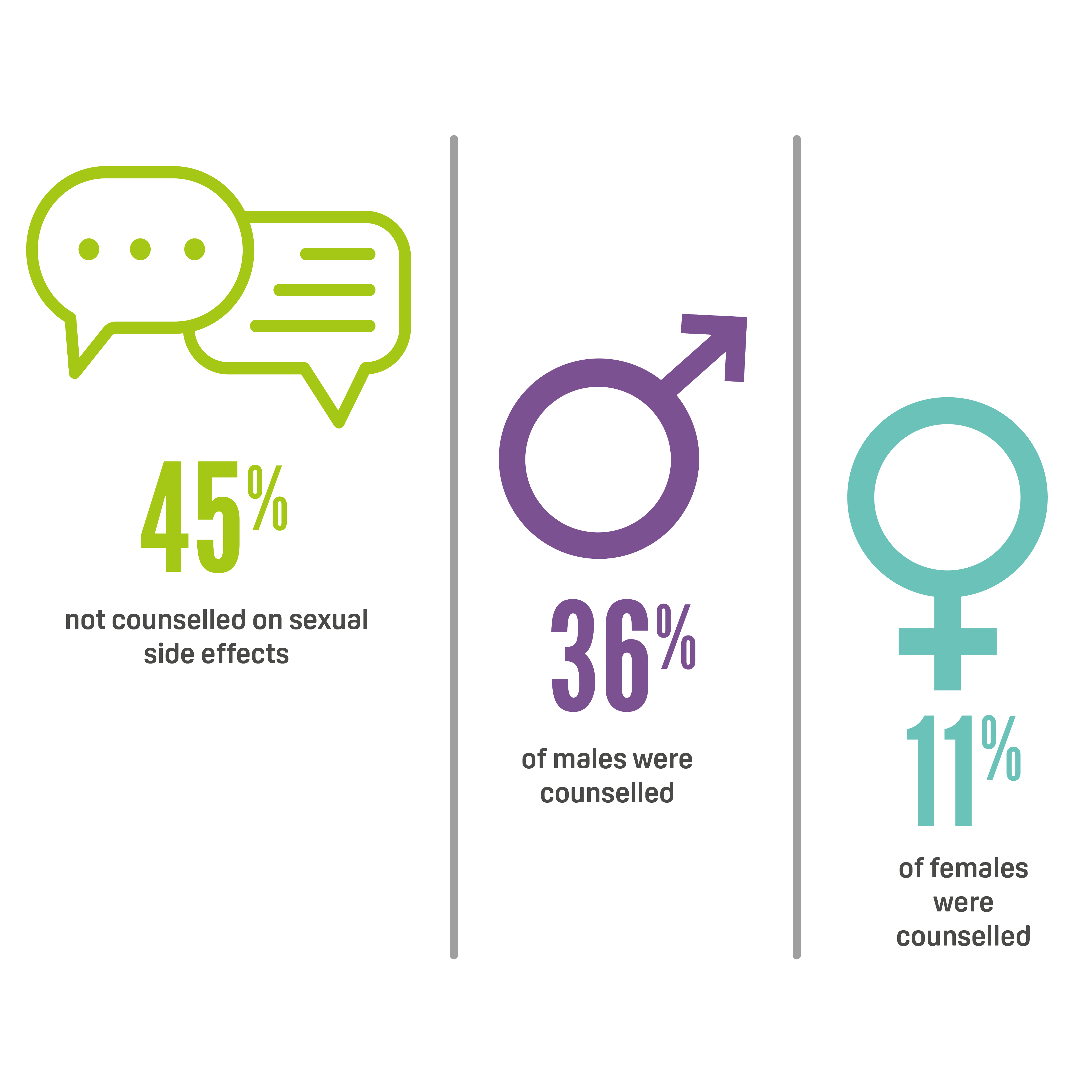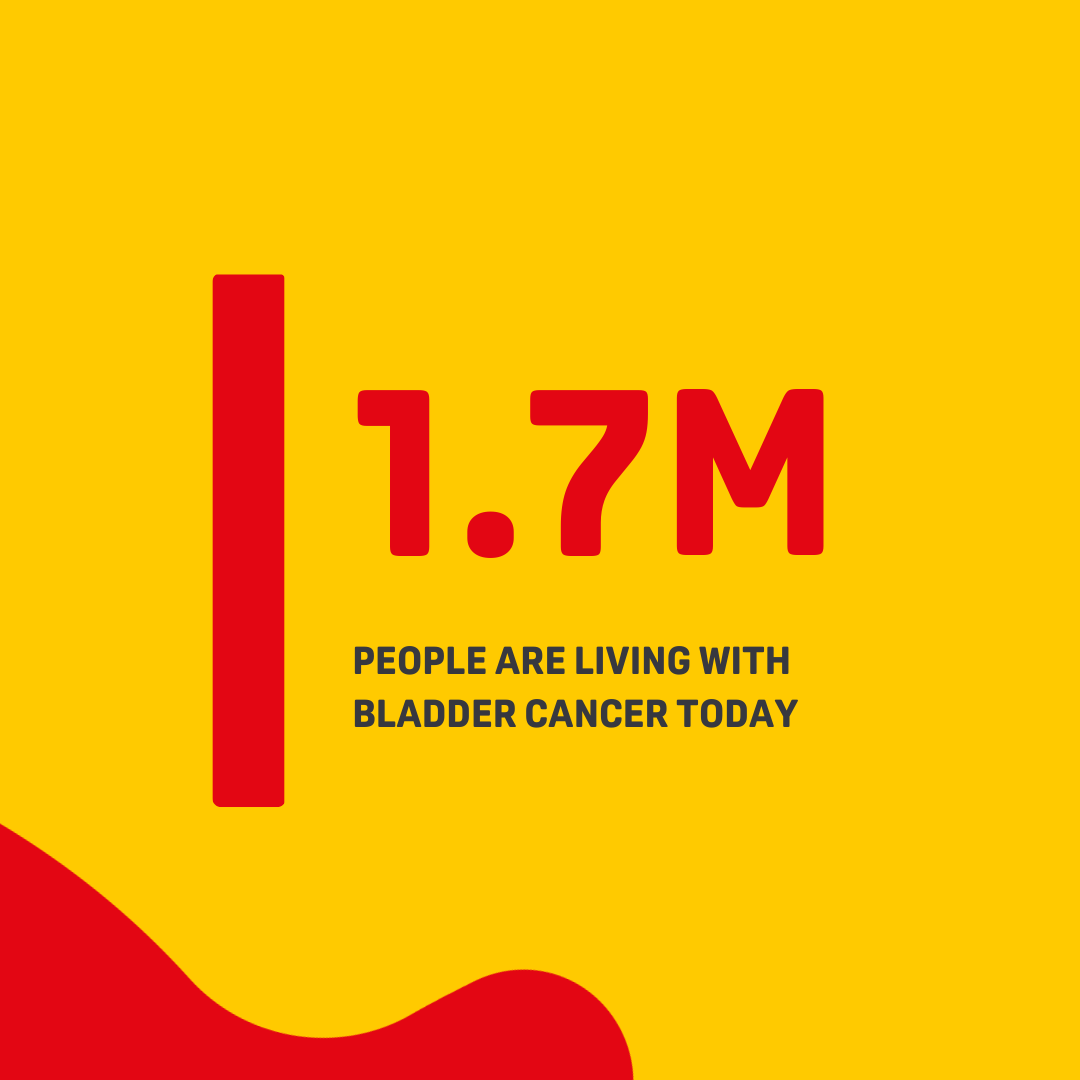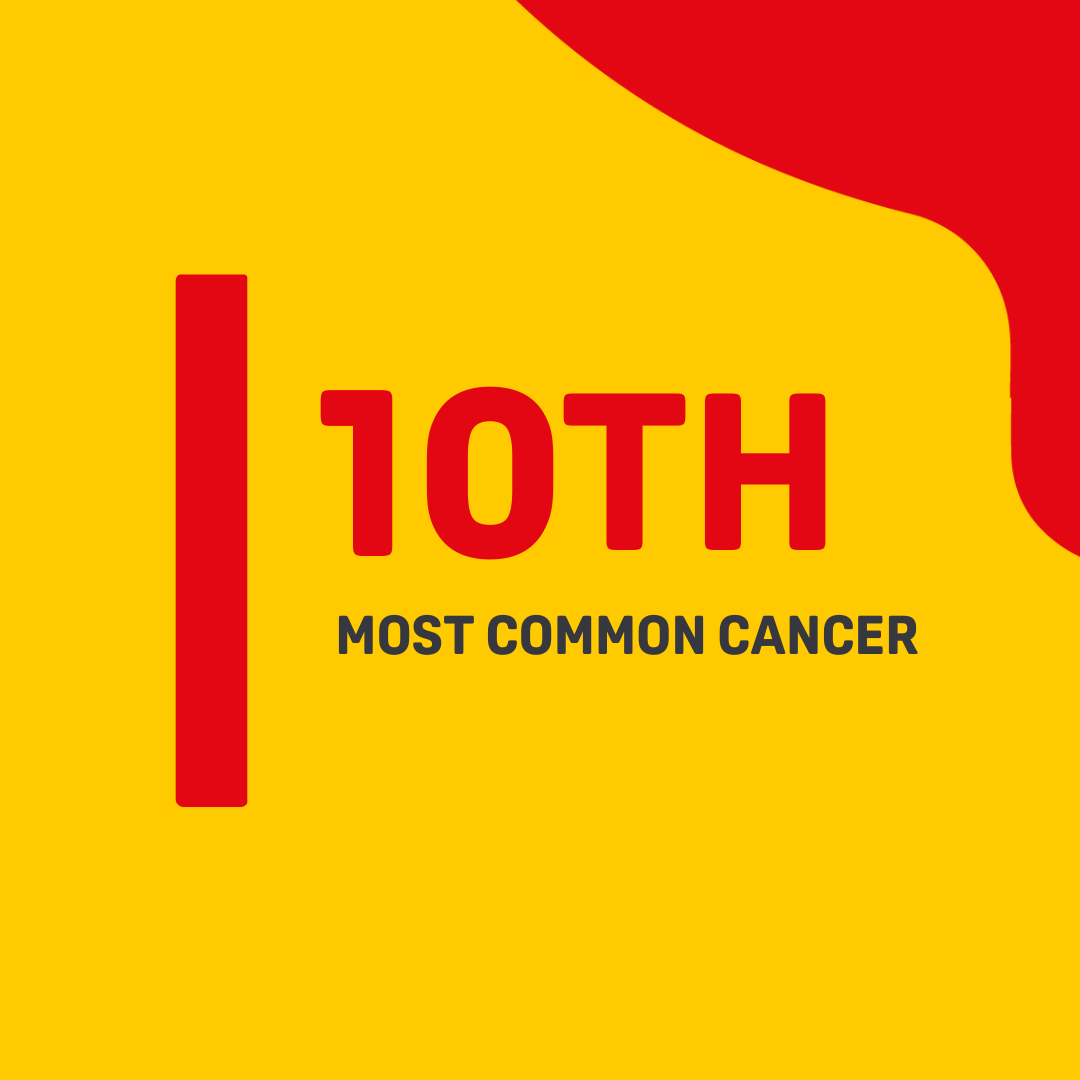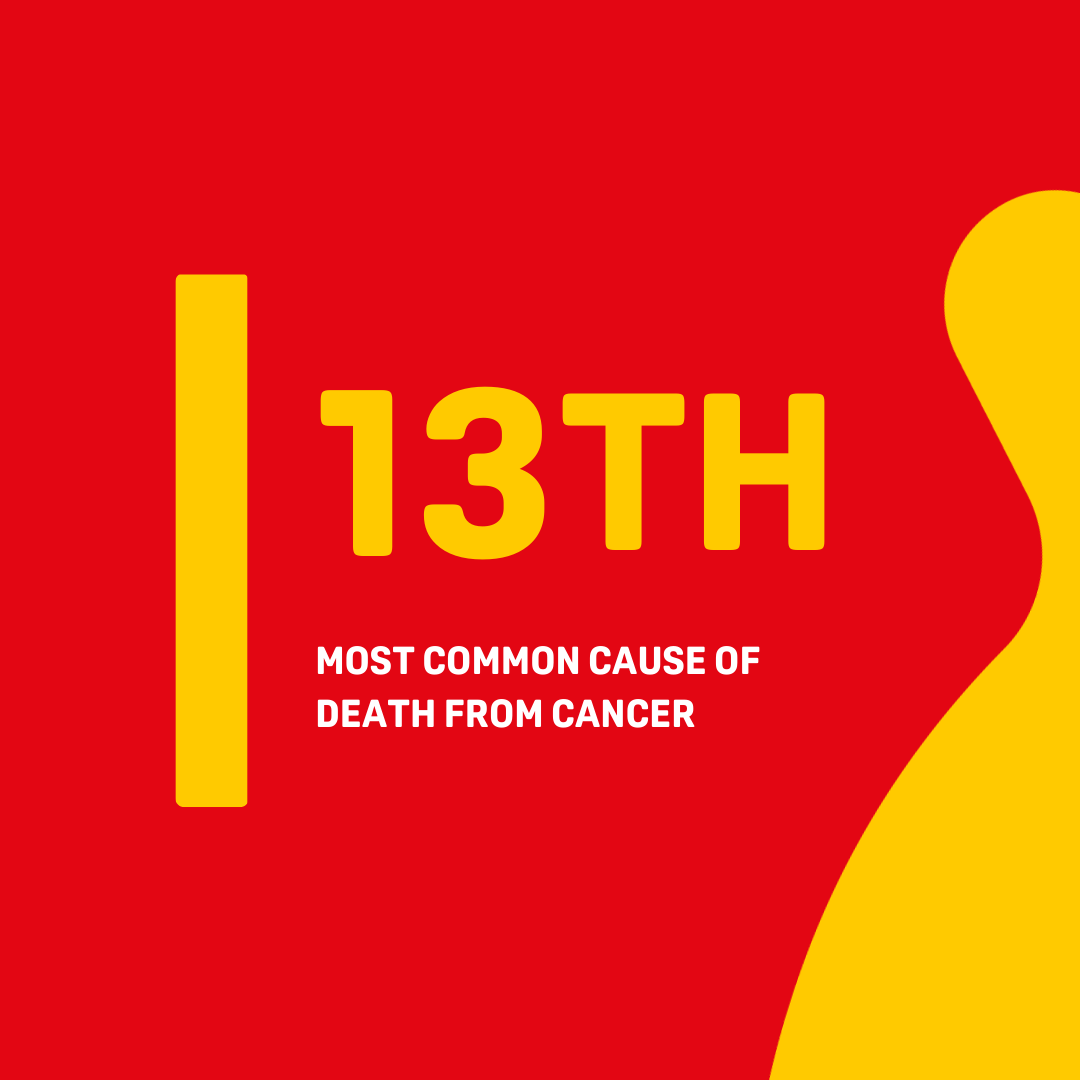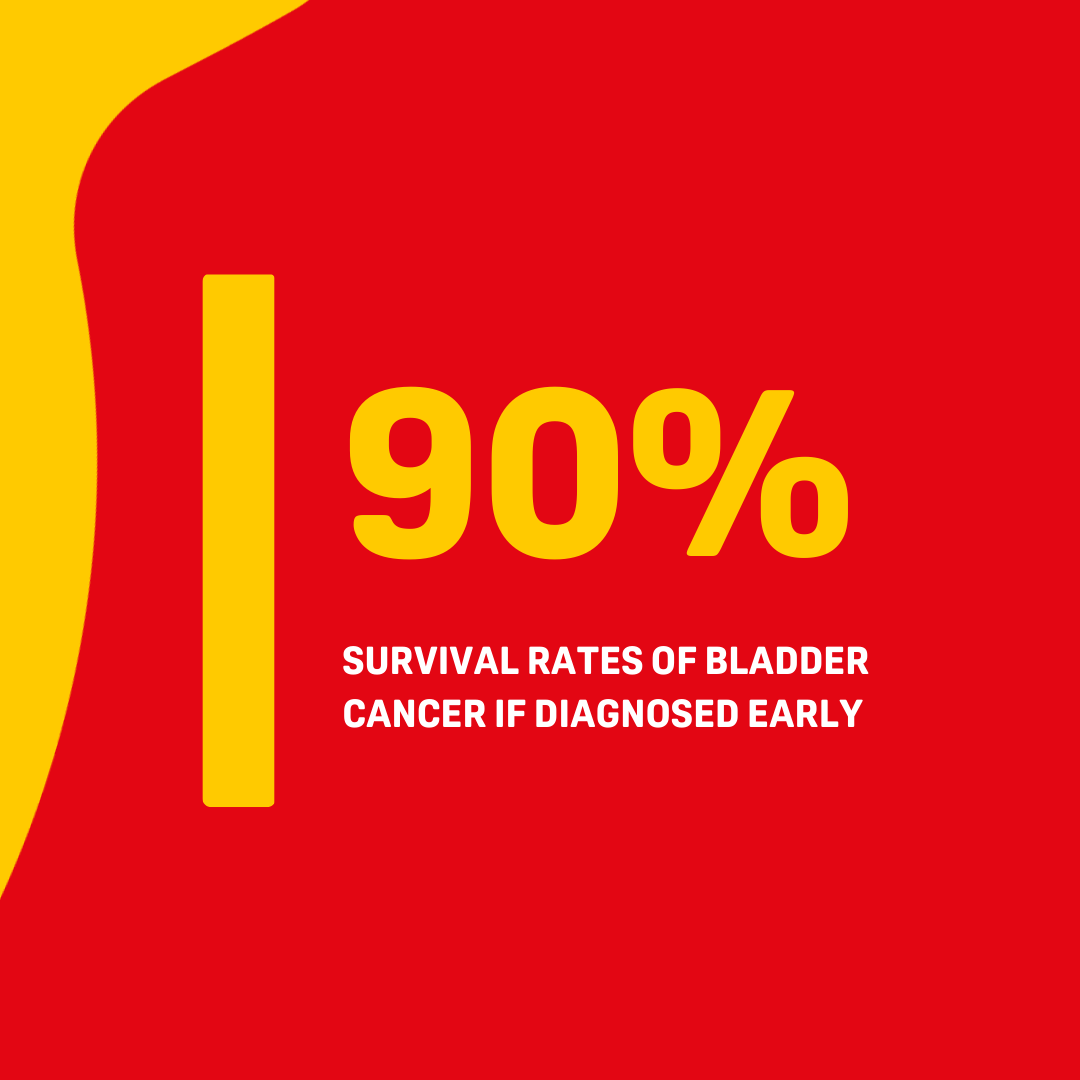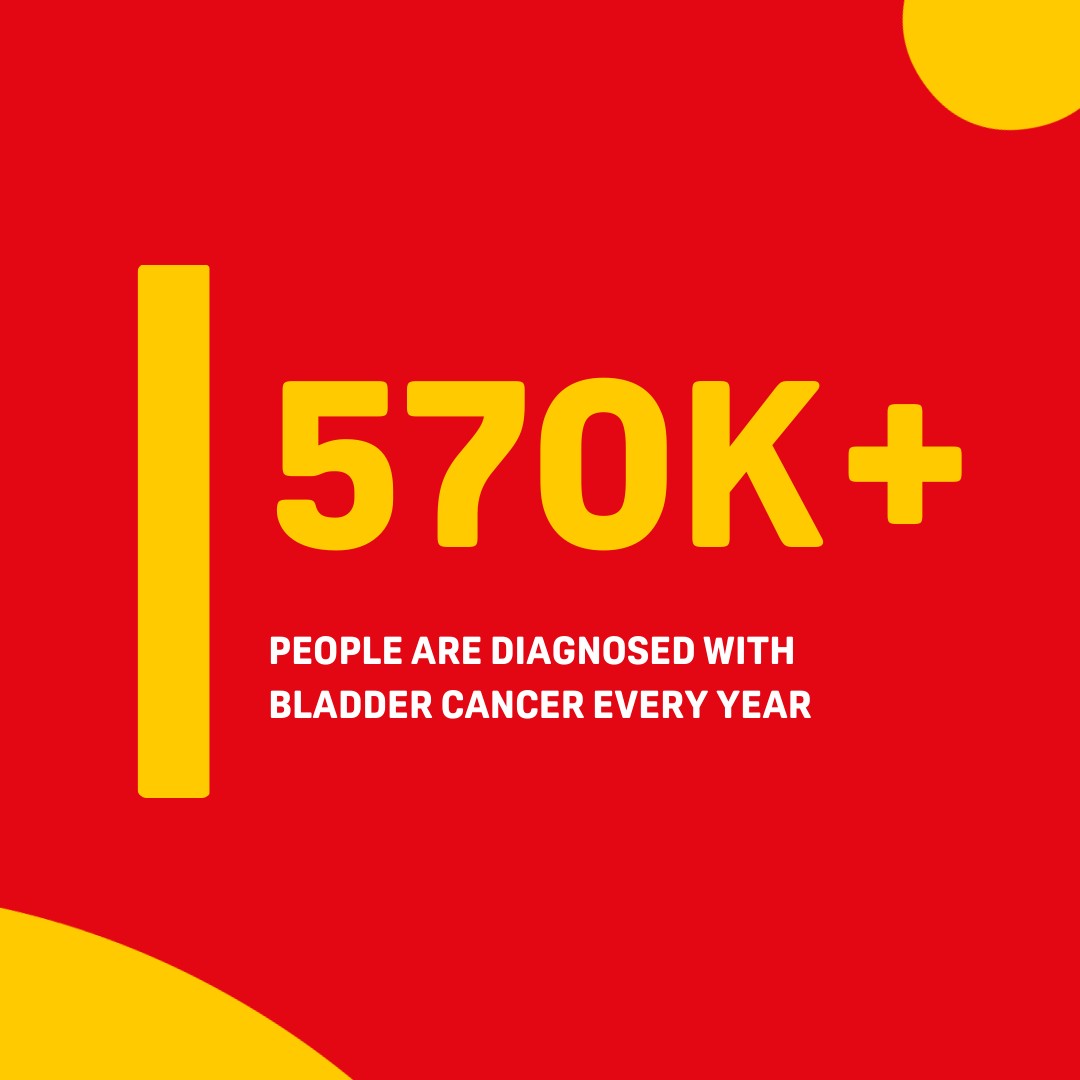Bladder cancer data
Bladder cancer is the 10th most commonly diagnosed cancer in the world. It can affect anyone, at any age. Bladder cancer data is important to better understand the disease and its impact on lives across the world. It will allow us and our member organisations to advocate more successfully to improve the lives of people affected by bladder cancer and improve the outcomes for bladder cancer patients.
We do not currently collect bladder cancer data as an organisation. However, we have reviewed recent bladder cancer data about the incidence and impact of this disease in several countries, which is available in our Bladder Cancer Digital World Tour. We will be updating these figures as the latest information comes out.
Additionally, we have created an infographic encompassing global bladder cancer figures about incidence, mortality and the main symptoms and causes.
Capturing bladder cancer patient perspectives
Gathering patient experiences is also important to better understand the direct impact that this disease has. The Bladder Cancer Patient & Carer Survey Report, recently published by the World Bladder Cancer Patient Coalition, marks a significant milestone in understanding the experiences of bladder cancer patients and carers.
This extensive multi-year, multi-national research project, conducted in collaboration with global experts and patient organisations, is one of the few studies that delve into the lived experiences of those affected by bladder cancer. With 1,198 responses from 45 countries and 65 questions, the survey offers a comprehensive view of the entire patient experience, including the impact of the COVID-19 pandemic. The report is considered the broadest international analysis of bladder cancer patient experiences, covering a wide range of topics from disease awareness to life after cancer.
Explore the Survey report here.
